- Home
- God's Canvass & Culture
- Christianity in Egypt

Christianity in Egypt: The Arab Republic of Egypt is located in Northeast Africa, with parts in Southwest Asia via the Sinai Peninsula. It is bordered by the Mediterranean Sea to the North; the Gaza Strip to the Northeast; the Red Sea to the East; Sudan to the South; and Libya to the West. The Gulf of Aqaba in the Northeast of Egypt separates it from Jordan and Saudi Arabia. Cairo is the capital city, while the official language is Arabic.
The country has a human population of 109,450,000 with several ethnic groups. Ethnic Egyptians are the largest group, constituting 99.7% of the population. Others include the Abazas, Turks, Greeks, Bedouin Arabs, Siwis, Nubians, Dom and Faiyum. Islam is the state religion embraced by an estimated 85-90% of the population (official estimate), while Coptic Christians constitute 9% and other Christian denomination 1% or less. Other estimates place the Christian population as high as 15-20%.
Brief History
Egypt, one of the world’s oldest civilisations, boasts a history spanning millennia, marked by periods of powerful kingdoms and foreign rule. It began with the unification of Upper and Lower Egypt around 3100 BC, followed by the Old, Middle, and New Kingdoms, known for their pyramids, temples, and cultural achievements.
Later, Egypt experienced Persian, Greek, Roman, and Islamic rule before becoming part of the Ottoman Empire in the 16t century. British influence in the late 19th century led to the eventual independence in 1953, establishing the modern Egyptian republic. The incumbent President is Abdel Fattah el-Sisi.
God’s Canvass
Due to the extreme aridity of Egypt’s climate, population centres are concentrated along the narrow Nile Valley and Delta, meaning that about 99% of the population uses about 5.5% of the total land area. Apart from the Nile Valley, the majority of the country’s landscape is desert, with few oases scattered about. The pictures shown below represent the fauna and flora of Egypt.
Fauna
At one time, Egypt had a cooler, wetter climate than it has today. Ancient tomb paintings show giraffes, hippopotamus and ostriches. The fauna in the country is much different now, and has animals such as caracal, Mau, Ibex, goose, tortoise and tigers, among others. Some of them are shown below.


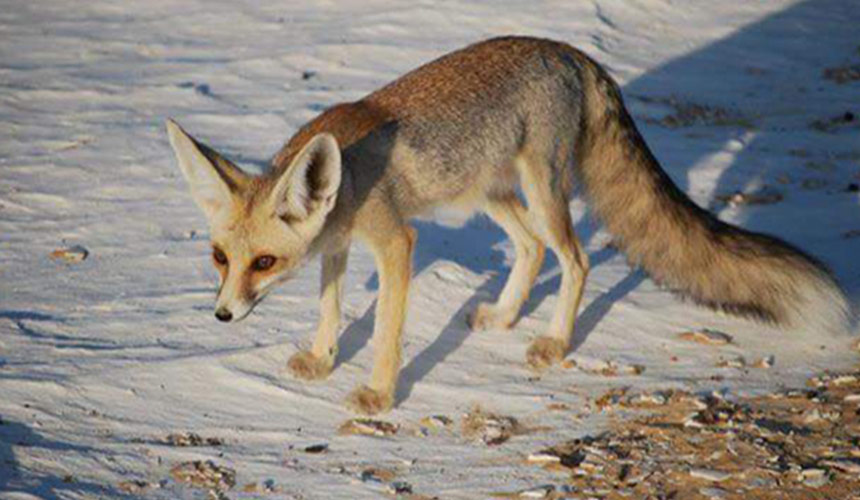
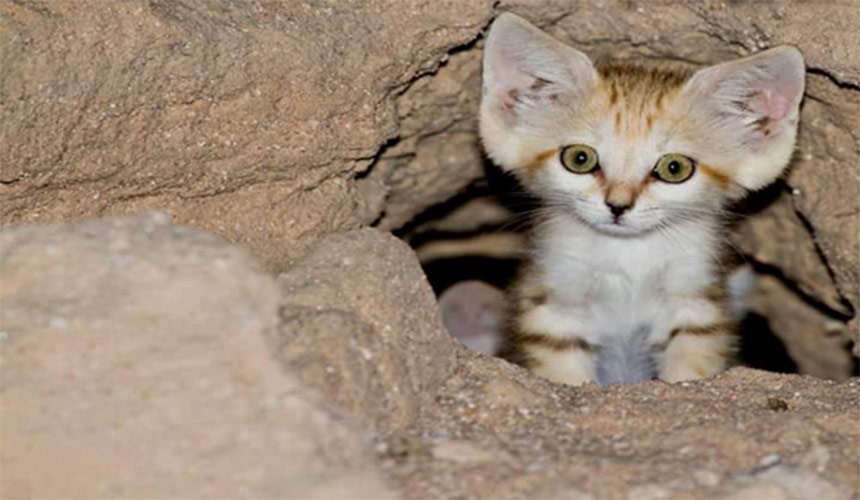

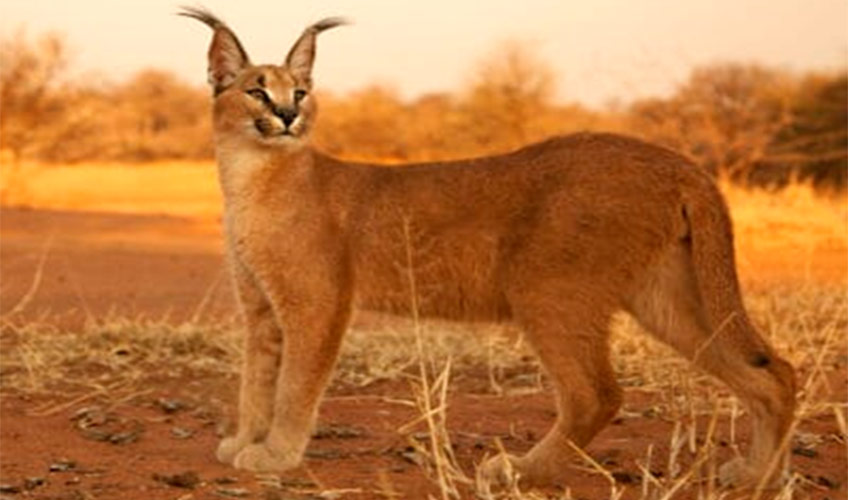
Flora
The country’s flora is diverse, ranging from the desert vegetation to the bigger plants in the fertile Nile Valley. The plant species include date palms, acacia, tamarisk, eucalyptus, citrus, fig and mango. Some of them are presented below.
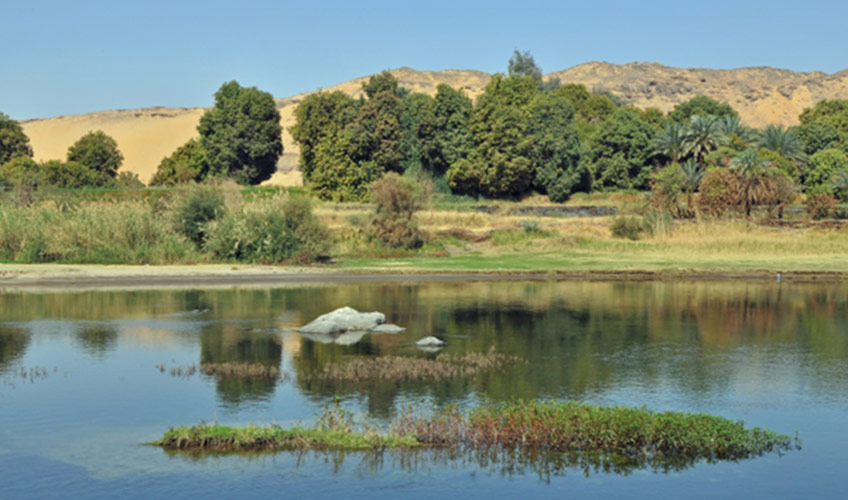


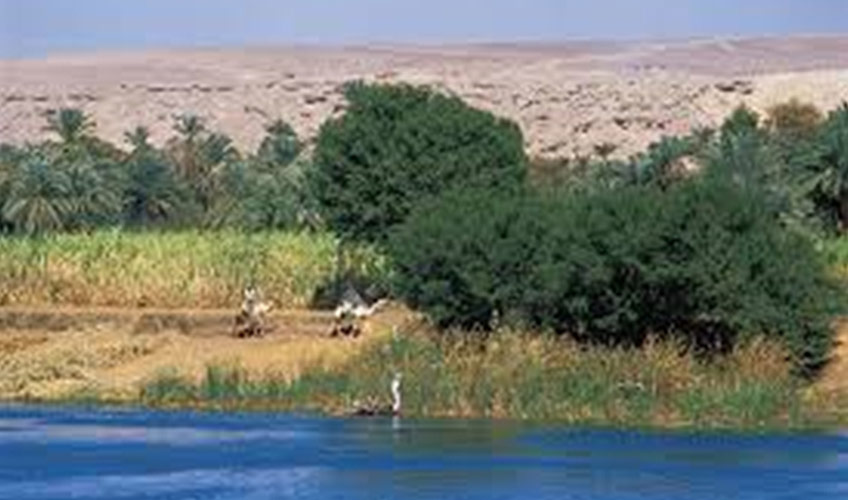

Beaches

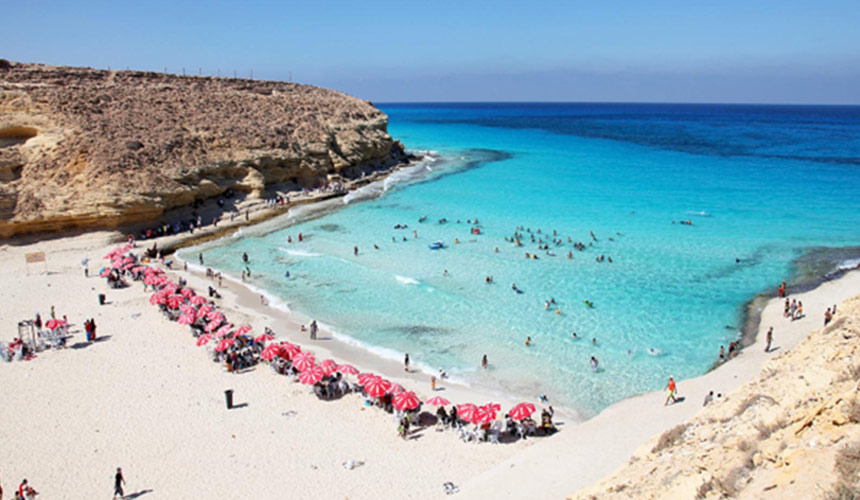
Culture
Egyptian culture is a rich blend of ancient traditions and modern influences, with a strong emphasis on family, religion, and hospitality. It is characterised by a mix of Islamic, Arabic and Western elements, particularly in urban areas, while rural areas maintain practices that are more traditional. Key aspects include a deep history in art, architecture, and cuisine, along with unique traditions in music, dance and celebrations.
Traditional Attire
Traditional Egyptian attire varies across regions and social classes. Men commonly wear the galabiya, a long, loose-fitting robe, often with a caftan or jubba for more formal occasions. Women may adorn embellished dresses also called galabiyas, or sheath dresses. Headwear like the tarboosh (fez), turban, or keffiyeh is also part of traditional Egyptian clothing. Some of the traditional wears are shown below.



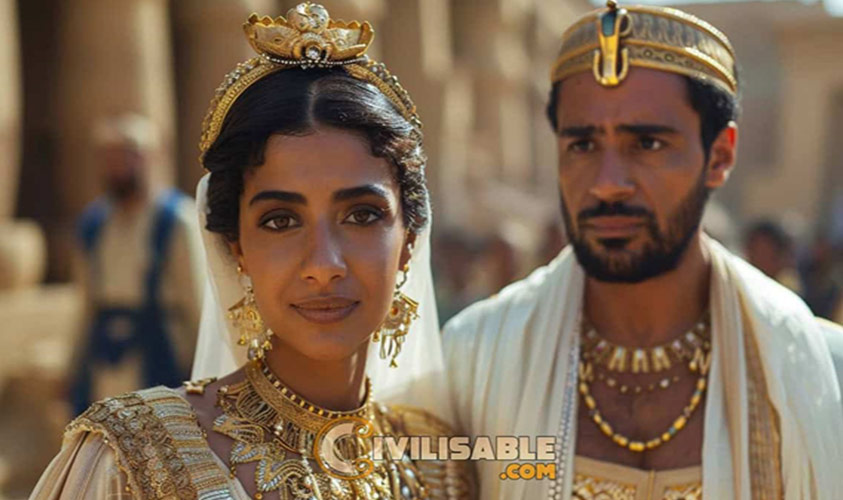

Cuisine
Egyptian cuisine is a flavourful blend of influences, featuring dishes rich in legumes, vegetables, and grains, with meat playing supporting role. Common ingredients include fava beans, lentils, rice, and various vegetables like onions, garlic and tomatoes. Some notable dishes are presented below.

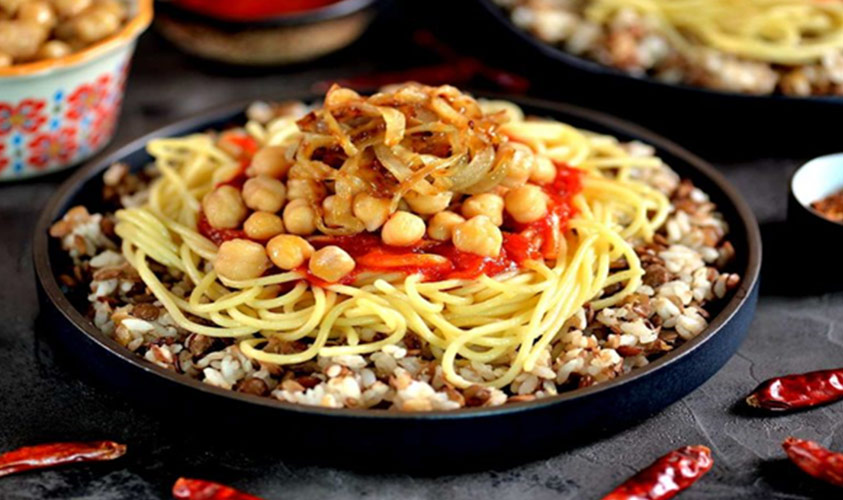

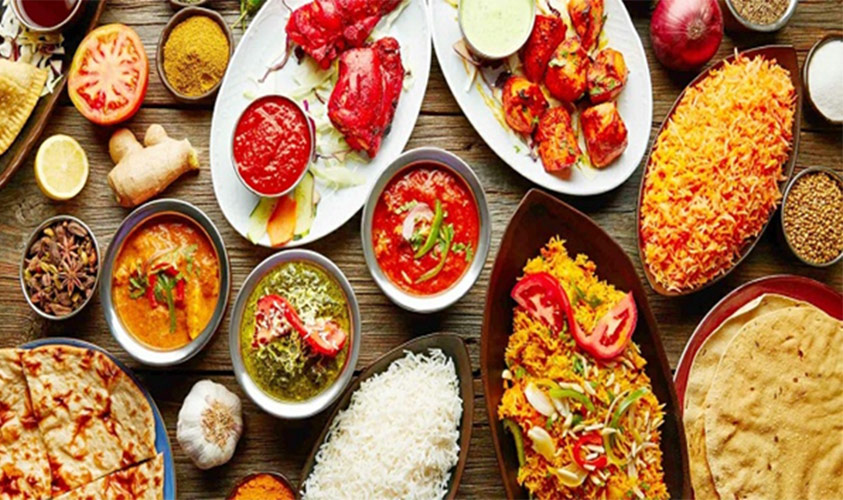


Status of Christianity in Egypt
Christians in Egypt, primarily members of the Coptic Orthodox Church, constitute the country’s largest religious minority. They have long faced legal, social, and institutional discrimination. Although the country’s constitution guarantees freedom of religion, in practice, Christians encounter unequal treatment. Regardless of the position of the Islamic regime in the country, Egyptians need salvation as do all humans that Jesus Christ died for (John 1:29). It is the responsibility of believers to intercede for all unsaved souls. Therefore, let us pray for Egyptians to encounter Christ and surrender their lives to Him.
Prayer Points
- Pray that God would destroy the root of Islam and all other fake religions in Egypt.
- Ask Him to reveal Himself to unsaved Egyptians, using their President, Abdel Fattah el-Sisi as point of contact.
- Pray that the Father would judge all the gods of Egypt as He did in the time of Moses and set their captives free.
- Pray that all Christian believers in Egypt be purged of the pollutions from false doctrines originated from Roman Catholicism and other ungodly sects
- Ask the Father to destroy faulty foundations laid in the lives of Christians through false doctrines and lay new ones in them in Christ.
- Pray that God would empower believers with the Holy Spirit to minister Christ with their lives as His ambassador.
- Ask the Father to protect believers doing ministry work in areas controlled by Islamic militants.
Intercession Checklist
From the political map of Egypt provided in the text, choose a town, city or region for focused prayer. Present the chosen geographical space to the Father and tell Him that you are claiming its people for Christ as His ambassador (2 Corinthians 5:20). Remind the Father that He had instructed His Son Jesus Christ to ask for the nations and their people as His inheritance (Psalm 2:8).
****** Some materials sourced from Artificial Intelligence (AI) Overview, Google.com; Egypt, https://en.wikipedia.org
